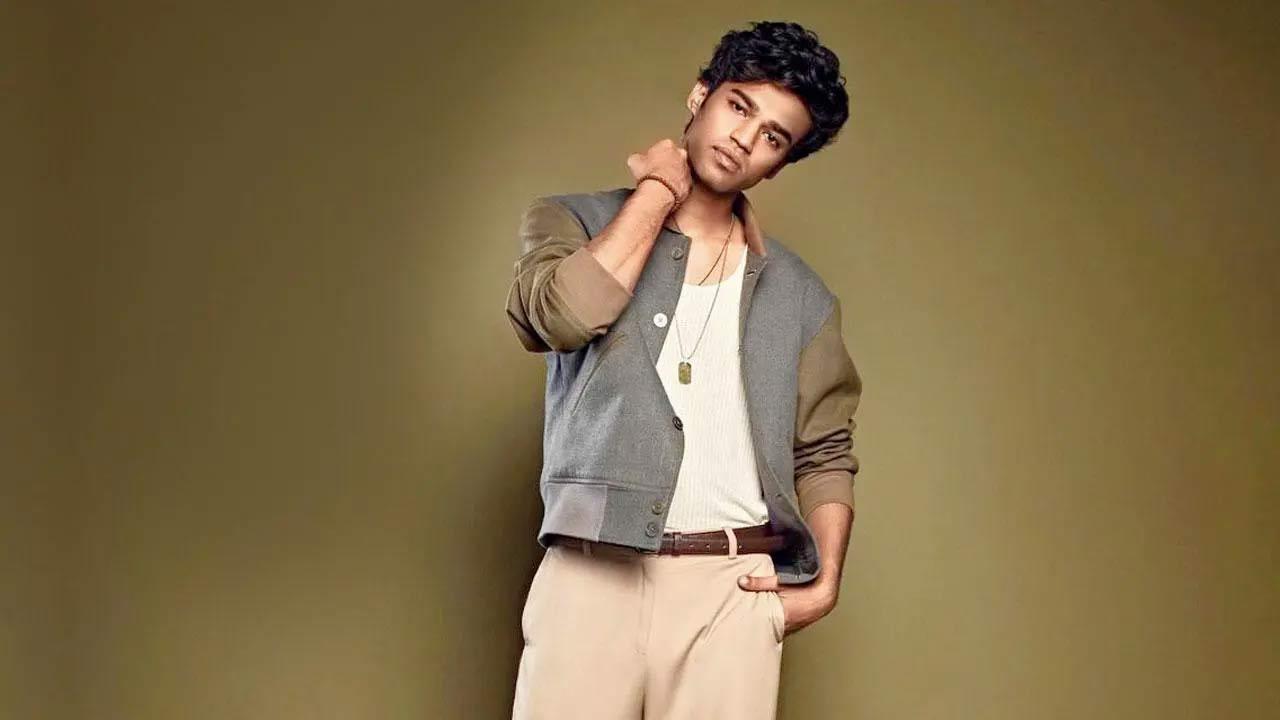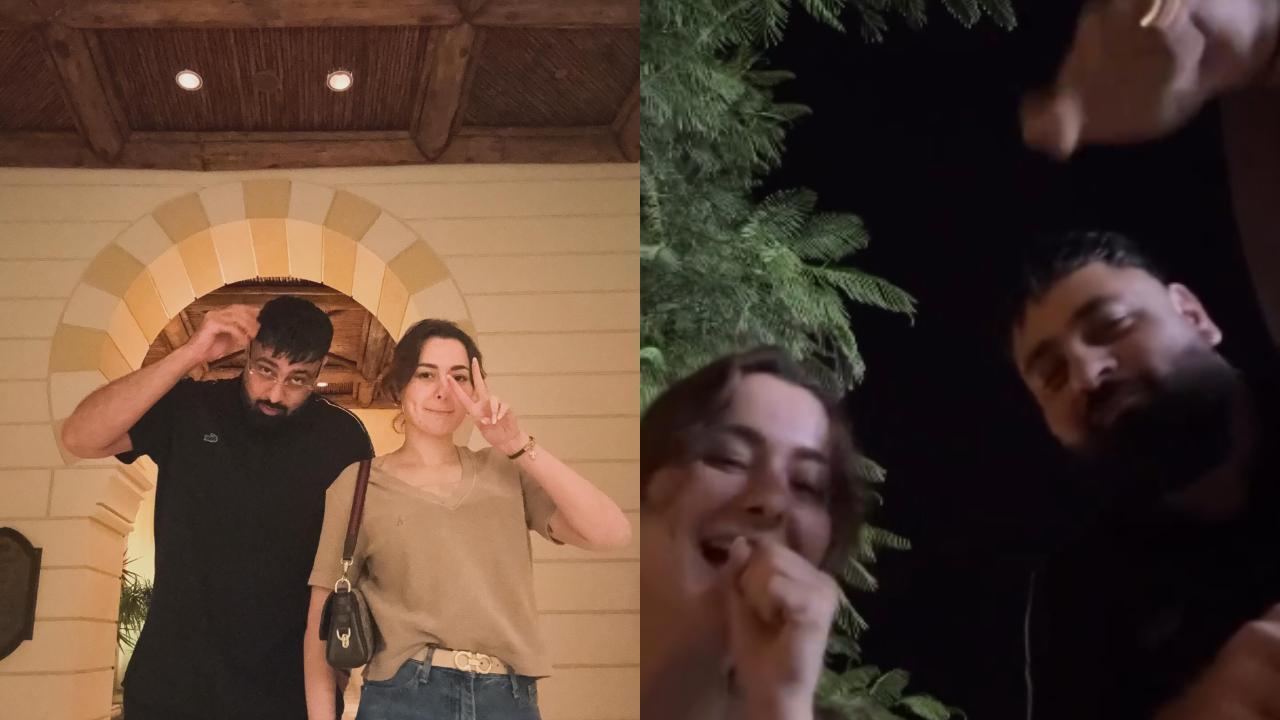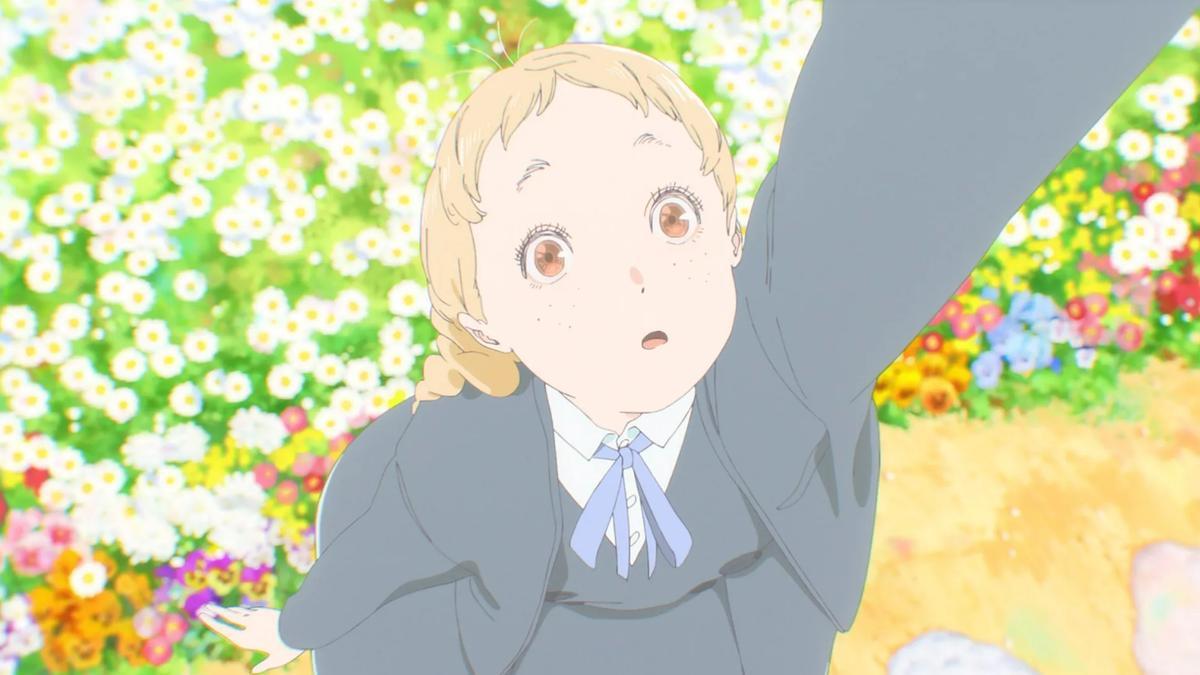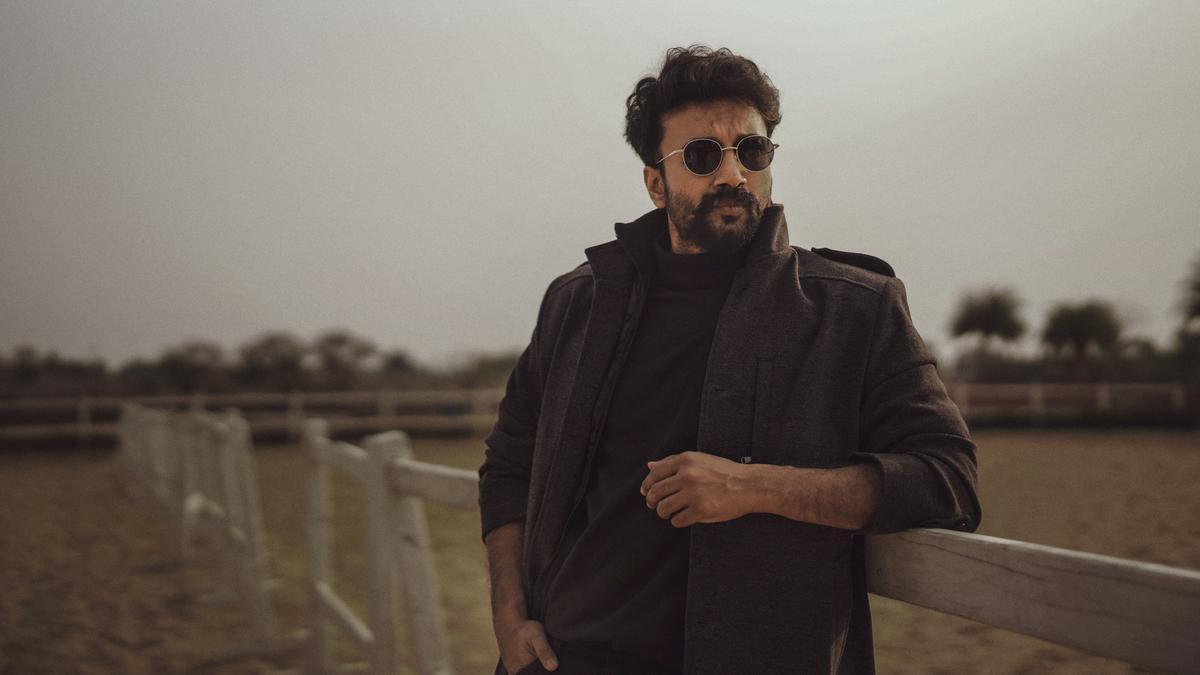![]()
In a surprising turn for comic book enthusiasts and the creative industry, it appears that several of DC’s legendary characters are set to follow the footsteps of Mickey Mouse into the public domain. Amid the waves caused by Mickey Mouse’s entry into public domain, and the subsequent announcement of two horror films utilizing the once tightly-held Disney figure, the focus has now shifted onto some of the most recognizable superheroes in literature and film.
According to the current United States Copyright Laws, no single commercial enterprise can lay exclusive claim to intellectual properties for more than 95 years. This legal countdown means that the likes of Superman and Lois Lane are slated to become public commodities in 2034. This will be followed by the nocturnal crusader, Batman, in 2035, with his arch-nemesis the Joker encountering the same fate in 2036. Even the Amazonian warrior, Wonder Woman, is expected to join public domain status by 2037.
The revelation comes amidst a sea of changes within DC itself. Under the leadership of James Gunn, the Chief Executive Officer, DC has been proactively preparing for this moment for years. At a press event last year, Gunn highlighted that the upcoming Superman film is set to introduce characters from ‘The Authority,’ a comic series that made its debut in 1999. This suggests a possible strategy to refresh the DC character roster with newer intellectual properties, perhaps in anticipation of the inevitable public domain shift.
This news is notably concurrent with the transformational phase that DC Studios is currently experiencing. Gunn, together with Peter Safran, has bid goodbye to the erstwhile DC Extended Universe (DCEU) and has unveiled plans for a new narrative cosmos known as the DC Universe (DCU). This revamped vision includes the foundation of new films for both Superman and Batman.
However, the looming question remains: how will the impending public domain status of these iconic heroes affect DC’s future titles? The intricacies involved in such a transition have yet to be fully clarified. One glaring issue is the potential proliferation of adaptations, reinterpretations, and even parodies that could emerge once these characters slip out of DC’s exclusive control.
Under public domain, anyone, from aspiring filmmakers to seasoned professionals, could embark on crafting their own Superman or Batman narratives without hindrance from copyright restrictions. This could lead, theoretically, to an unprecedented explosion in content diversity for these heroes—something that could be both a cultural boon and a commercial challenge.
While the idea of public domain has long been hailed as a means to enrich the cultural landscape, its impact on heavily commercialized characters like those of DC is not without complications. The value, identity, and integrity of these characters could potentially be put to the test as they navigate the free-for-all environment of the public domain.
In anticipation, DC Studios may be restructuring its approach to storytelling and branding to prepare for the day when Superman no longer soars under the exclusive banner of DC. With newer characters being introduced and possibly taking the center stage, the company seems to be paving a way to retain relevance and influence in a future where their golden age characters will belong to the public as much as to the company that birthed them.
The global audience, having grown up with these superheroes, will be watching closely to see how the narratives of their childhood idols will evolve under this new paradigm. One thing is certain; the entering of DC characters into the public domain promises to be an era of massive creative exploration, one that could forever alter the landscape of comic book storytelling and the cinematic universes they spawn.










